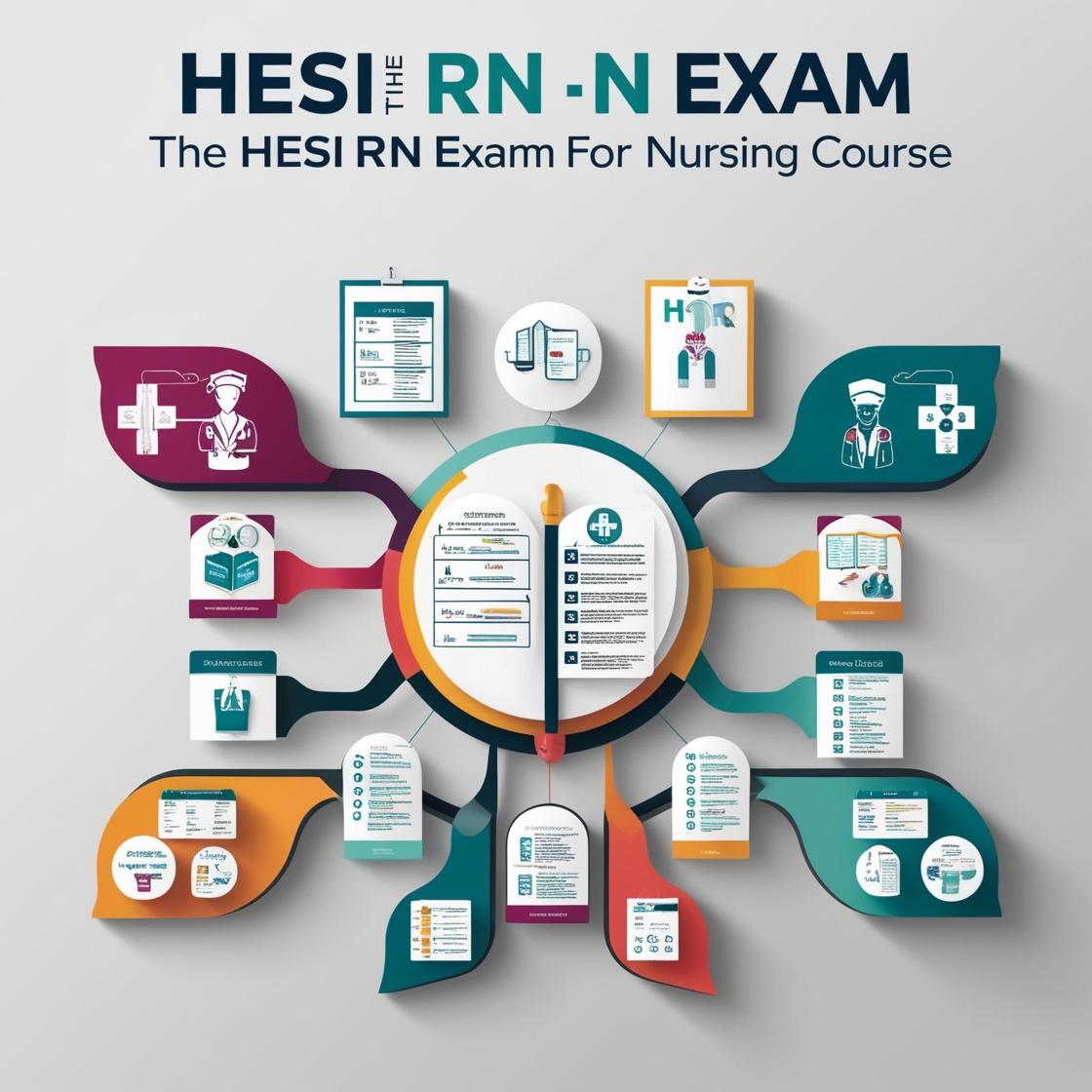HESI RN
Reproductive System Exam Quizlet
1. Which one of the following is not a stage in the ovarian cycle of the menstrual cycle?
- A. Recruitment of Graafian follicle
- B. Selection of dominant follicle
- C. Luteal phase
- D. Formation of corpus luteum
Correct answer: A
Rationale: The correct answer is A. The recruitment of the Graafian follicle is indeed a stage in the ovarian cycle. During the ovarian cycle, the primary follicles are recruited to develop further, leading to the formation of the Graafian follicle. The selection of the dominant follicle, luteal phase, and formation of the corpus luteum are other essential stages in the ovarian cycle. Therefore, option A is not correct as it is a crucial phase in the process of ovulation and fertilization.
2. Which of the following is not a role of Reproductive and Child Health Care (RCH) programs?
- A. Awareness about reproductive health
- B. Providing facilities to build a reproductively healthy society
- C. Providing support to reproductively sick people
- D. Promoting abortion
Correct answer: D
Rationale: The correct answer is D. Promoting abortion is not a role of the Reproductive and Child Health Care (RCH) programs. RCH programs focus on promoting awareness about reproductive health, providing facilities to build a reproductively healthy society, and offering support to reproductively sick individuals. The promotion of abortion is not within the scope of RCH programs, which aim to improve maternal and child health outcomes through education, healthcare services, and support systems.
3. The Wolffian duct is also known as ____________.
- A. Mesonephric duct
- B. Ejaculatory duct
- C. Major sublingual duct
- D. Cystic duct
Correct answer: A
Rationale: The correct answer is A: Mesonephric duct. The Wolffian duct is indeed also known as the mesonephric duct. This duct plays a vital role in the development of the male reproductive system by carrying sperm from the epididymis to the ejaculatory duct. Choice B, Ejaculatory duct, is incorrect as it refers to a different duct responsible for transporting semen from the vas deferens. Choices C and D, Major sublingual duct and Cystic duct, are unrelated to the Wolffian duct and are not correct answers in this context.
4. In which of the following types of spontaneous abortions would the nurse assess dark brown vaginal discharge and a negative pregnancy test?
- A. Threatened
- B. Imminent
- C. Missed
- D. Incomplete
Correct answer: C
Rationale: Dark brown vaginal discharge and a negative pregnancy test are characteristic of a missed abortion. In a missed abortion, the fetus has died, but the products of conception are retained in the uterus. This can lead to symptoms like dark brown vaginal discharge as the body tries to expel the nonviable pregnancy. A threatened abortion is characterized by vaginal bleeding without dilation of the cervix, and the pregnancy remains viable. Imminent abortion involves cervical dilation and effacement with no passage of tissue. In an incomplete abortion, only part of the products of conception are expelled, leading to persistent bleeding and cramping.
5. Practices such as female genital mutilation and unsafe male circumcision are categorized as:
- A. Harmful traditional practices
- B. Encouraged in rural Zambia
- C. Recommended in modern surgery and IRH
- D. Safer sex practices
Correct answer: A
Rationale: Practices like female genital mutilation and unsafe male circumcision are considered harmful traditional practices due to the physical and psychological harm they cause. Choice A is correct as these practices are not safe or recommended. Choice B is incorrect, as harmful traditional practices are not encouraged anywhere. Choice C is incorrect as modern surgery and organizations like IRH aim to eliminate such practices, not recommend them. Choice D is incorrect as these practices are not related to safer sex practices but rather harmful practices that need to be eradicated.
Similar Questions

Access More Features
HESI RN Basic
$69.99/ 30 days
- 50,000 Questions with answers
- All HESI courses Coverage
- 30 days access @ $69.99
HESI RN Premium
$149.99/ 90 days
- 50,000 Questions with answers
- All HESI courses Coverage
- 30 days access @ $149.99
